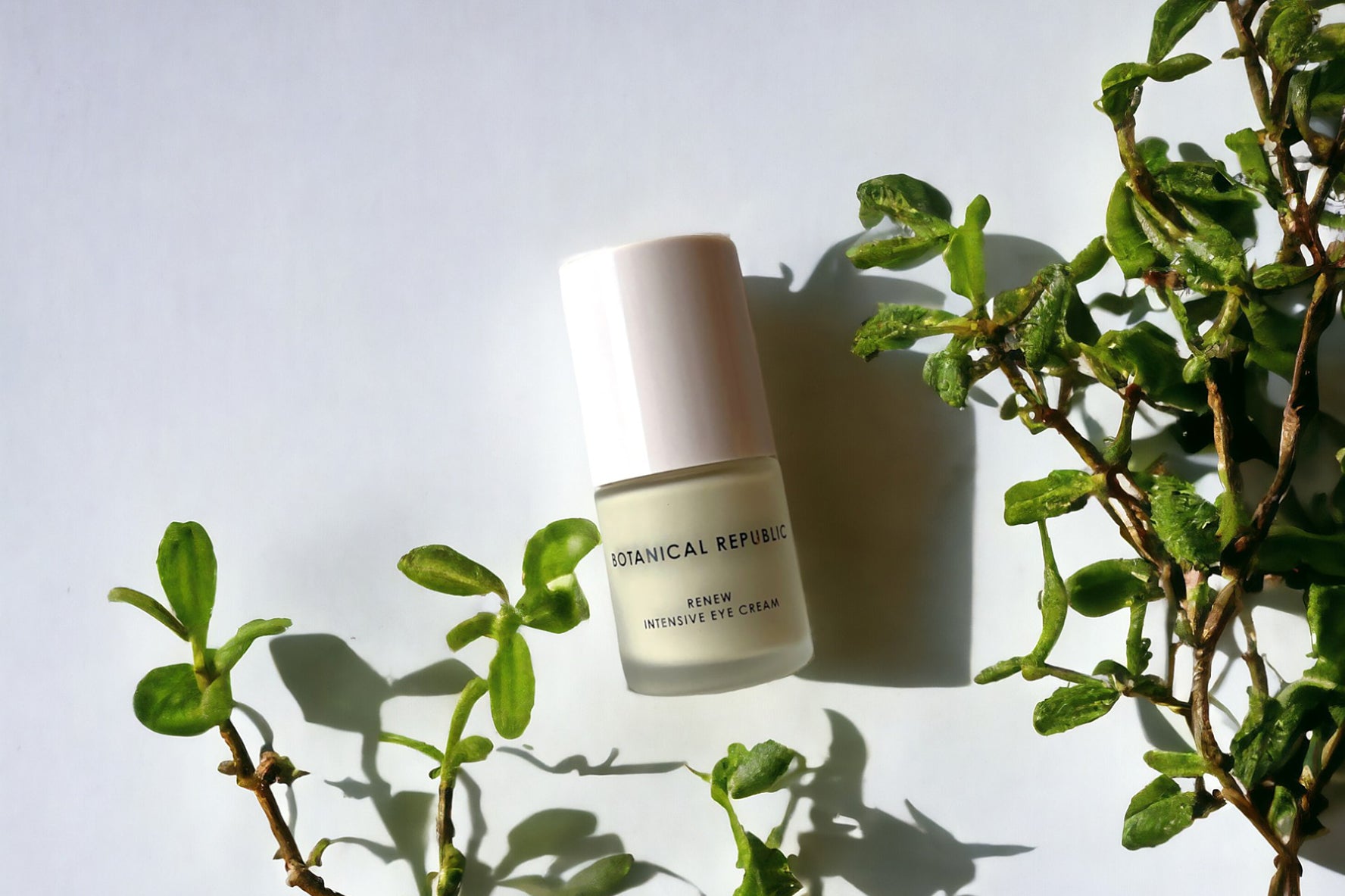The quest for youthful, vibrant skin, particularly around the eyes, has led to an explosion of skincare products on the market. Among these, eye creams claim to offer the holy grail of skincare: reduction of wrinkles, minimization of fine lines, and a rejuvenated appearance. The efficacy of these products, however, is heavily reliant on their formulation—specifically, the active ingredients they contain. This article delves into the scientific underpinnings of four key ingredients commonly found in advanced eye creams, such as Griffonia, Hydrolyzed Rice Protein, Resveratrol, and Niacinamide, highlighting their roles in skin health and rejuvenation.
Griffonia: A Shield Against Environmental Assault
Griffonia, a plant native to West Africa, is celebrated not only for its seeds, which are a source of 5-hydroxytryptophan (5-HTP), but also for its potential skin health benefits. 5-HTP is primarily recognized for its mood-enhancing effects, but its role in skincare is gaining attention due to its ability to mitigate UV-induced skin damage. The skin around the eyes is particularly susceptible to environmental stressors due to its thin and delicate nature. Research indicates that ingredients like 5-HTP can bolster the skin's defense mechanisms, supporting hydration and elasticity, thereby offering a protective benefit while also promoting skin rejuvenation.
Hydrolyzed Rice Protein: Collagen and Elasticity Enhancer
The inclusion of Hydrolyzed Rice Protein in eye cream formulations addresses a fundamental concern in skin aging: the loss of collagen. This plant-derived peptide has been shown to stimulate collagen production and enhance skin cell activity. Collagen is essential for skin firmness and elasticity; as we age, collagen levels decline, leading to wrinkles and loss of skin vitality. By fostering collagen synthesis, Hydrolyzed Rice Protein aids in reversing these signs of aging, making it a critical component for maintaining smooth, youthful skin around the eyes.
Resveratrol: A Potent Antioxidant Ally
Resveratrol, a polyphenolic compound found in grapes, berries, and Japanese Knotweed, is renowned for its antioxidant properties. Antioxidants are crucial in skincare for their ability to neutralize free radicals—unstable molecules that contribute to oxidative stress and accelerate the aging process. The application of Resveratrol in eye creams can significantly enhance the skin's antioxidant defense, preserving collagen integrity, encouraging cellular renewal, and maintaining the skin's thickness and elasticity, thereby offering a bulwark against the visible signs of aging.
Niacinamide: Multifaceted Vitamin for Skin Health
Niacinamide, also known as vitamin B-3, has emerged as a skincare cornerstone due to its multifarious benefits. It is instrumental in reinforcing the skin's moisture barrier, which is vital for preventing moisture loss and enhancing skin hydration. Furthermore, Niacinamide stimulates collagen production, contributing to the reduction of fine lines and wrinkles. Its anti-inflammatory properties are beneficial in soothing redness and evening out skin tone, making it an excellent ingredient for eye creams aimed at addressing various signs of aging and skin stress.
The search for effective anti-aging solutions, particularly for the delicate eye area, is more informed than ever before. The integration of Griffonia, Hydrolyzed Rice Protein, Resveratrol, and Niacinamide in eye creams represents a confluence of nature and scientific innovation, offering targeted benefits that not only support skin health but also actively combat the signs of aging. By understanding the scientific basis for these ingredients, consumers can make educated choices in their skincare regimens, ensuring they select products that are not only effective but also backed by research.
Disclaimer: The information provided in this article is for educational purposes only and is not intended as medical advice. While the benefits of the ingredients discussed are supported by various studies, skincare is highly individual, and results may vary. Please consult with a dermatologist or skincare professional before starting any new skincare regimen, especially if they have sensitive skin or specific skin concerns.
